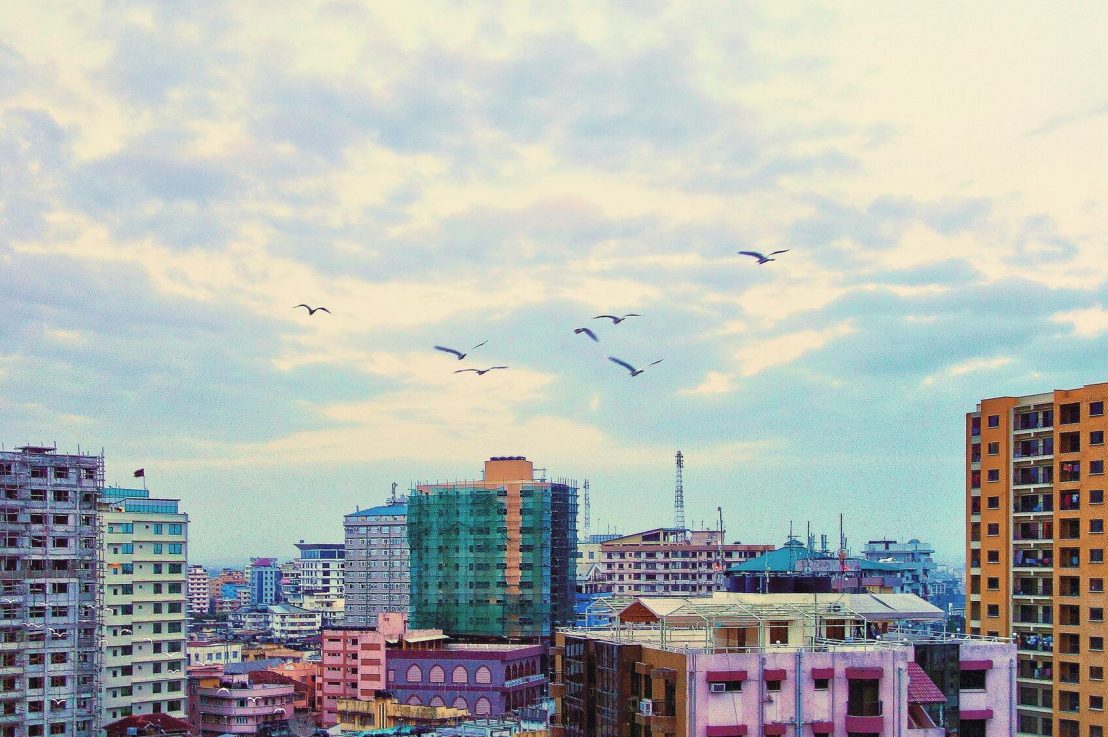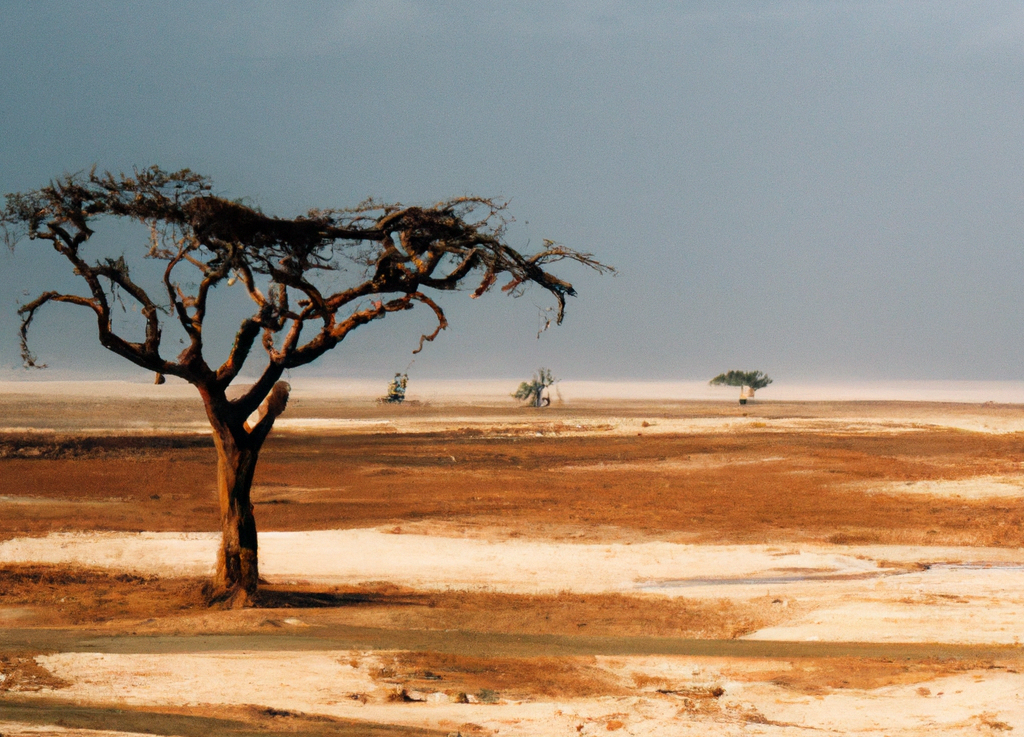FCDO published its new International Development Strategy (IDS) on 16th May 2022. It’s a welcome update on the UK government’s position on development especially given recent upheavals on UKAID over the last 12-18 months.
What did we like? 😀
👍 Emphasis on investment as a driver of growth and prosperity. We welcome the renewed focus on helping the global south to mobilize the investment required to build thriving and prosperous green economies. This will be critical to securing a sustainable planet for future generations. We also welcome the focus on trade (rather than aid) as a primary channel of growth.
👍 A renewed focus on unlocking the full potential of women and girls. The FCDO (and its predecessor, DFID) has been a long-term and steadfast supporter of women and girls’ development issues over the years including championing girls’ education, spotlighting the scourge of gender-based violence, reproductive health rights, and safeguarding. We 1000% welcome the renewed focus on continuing this fantastic support in an area critical to the long-term success of international development worldwide.
👍 Driving more effective approaches to humanitarian crises. We live in a VUCA (volatile, uncertain, complex, and ambiguous) world. Life is likely to become more rather than less VUCA as the world continues to deal with the fallout of regional conflict, demographic transitions, technology disruption, political upheaval, and climate change. So it is great to see the focus on improving the tools that FCDO will use to help address and mitigate these challenges and help vulnerable people in need.
👍 Ambitions to bolster global efforts to tackle the climate change crisis. The UK has shown great and ongoing leadership on climate change and it’s great to see commitments to increase ICF funding, leveraging development finance investment to support climate resilience and adaptation, and ensuring UK ODA becomes nature positive.
👍 Reduction in bureaucracy. Having ambassadors being ultimately responsible for the decision-making of the ODA budget at the country level is a welcome step away from the bureaucracy that resulted from the previous regime.
What wasn’t so great? 🤨
👎 The rebalancing of funds from multilateral to bi-lateral channels. We understand the underlying political reasons for this change. The FCDO is a different beast from DFID and we recognize (in the wake of the recent integrated review) that the current UK administration is determined to leverage the links between HMG’s development, diplomacy, and defense channels in support of the UK’s strategic interests. But the VUCA nature of the various challenges the world faces means that UK leadership in multilateral organizations is required now more than ever. The UN, World Bank, IMF, and other multilateral organizations need change and reform and the UK has always been a solid voice for driving these reforms. It’s a shame therefore to see “rebalancing” away from multilateral channels flagged as a priority for this IDS. It also risks Britain’s voice in the global fora, which may lead to a reduction in its soft power.
👎 Active pursuit of ‘British first’: The IDS states that “global development challenges cannot be solved by money alone [we agree]” and then goes on to list the various areas where the global south should draw on UK expertise to develop innovative solutions. There’s no doubt the Brits are good at many things and in some areas (like finance) they are world-class. But there are other countries (in the global North and South) that are equally as good as the Brits and could teach them a thing or two. The IDS could have better recognized the complexity of today’s reality – the global south isn’t a desert of ideas or expertise simply waiting for a deluge of UK expertise to water it.
👎 Unclear accountability: The IDS is light on how FCDO (and other ODA spending departments) will be held to account for resources spent and results achieved. Details on how FCDO will work with the International Development Parliamentary select committee, ICAI, and civil society organizations such as BOND would have been really welcome.
👎 Lack of clarity on the numbers: There wasn’t much on the budget (both in terms of macro ODA numbers, departmental allocations, thematic allocations, Intra FCDO allocations, etc.) underpinning the strategy. The only thing mentioned was the £3b allocation towards humanitarian purposes. The latest UK spending review (i.e. the UK government’s medium-term budgetary framework) was completed in October last year so it would have been great to see the budgetary breakdown and allocations for the IDS. It was also disappointing to see no further update on when (if ever) UKAID will be restored to 0.7% of UK GNI.
In sum, the IDS is a welcome update especially given ongoing uncertainties over the UK’s political landscape (i.e ramifications of “partygate” on UK government leadership, etc). The UK ID sector has been rocked by uncertainty in recent years and it wouldn’t be a stretch to say that the UK’s much-vaunted leadership (and reputation) in the sector has suffered as a result. Whilst more emphasis on multilateral channels and details on budget commitments would have been welcomed, we can’t argue with the emphasis on climate change, women and girls, and the role of green investment and trade in building the global south. We look forward to the implementation of the IDS with great interest.









